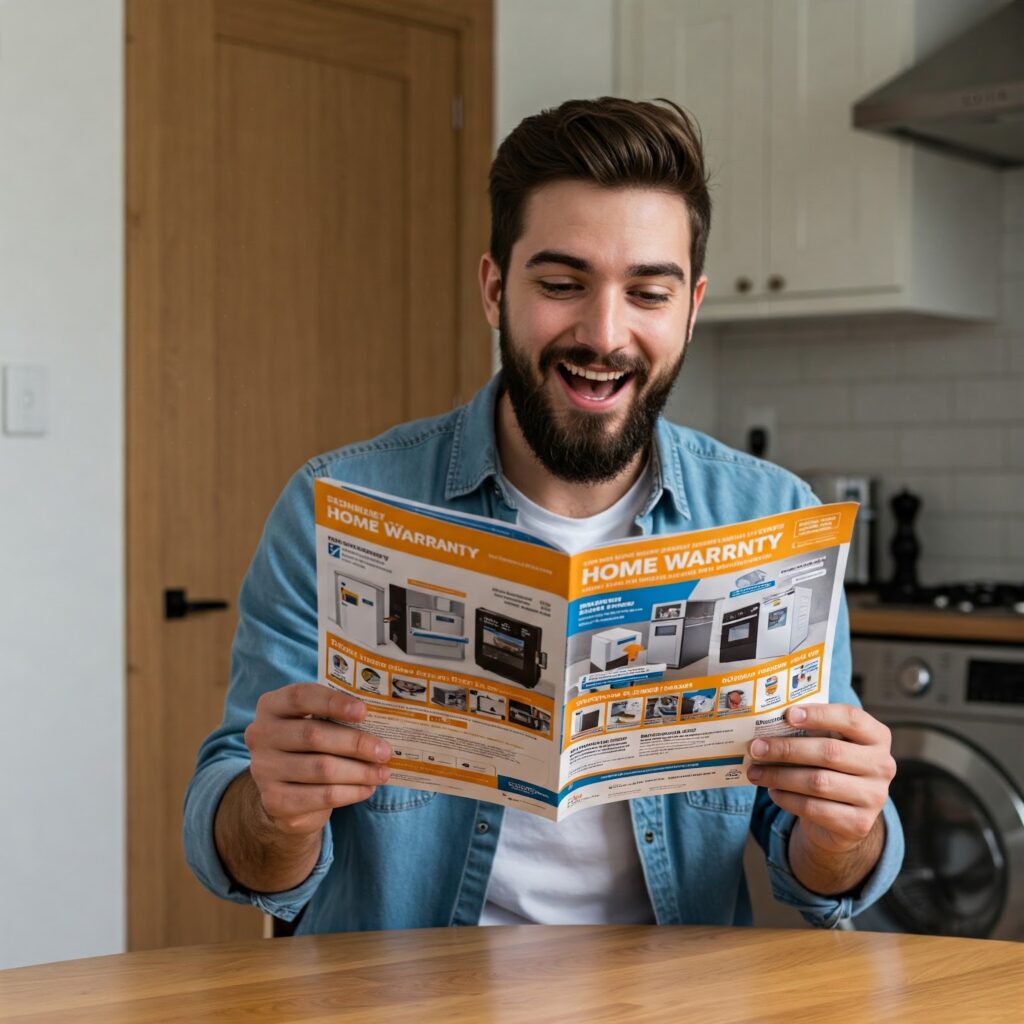What Is a Final Walk-Through and Why Is It Important?
1. The Final Walk-Through Confirms the Home Is Ready The final walk-through is your last chance to inspect the property before closing. Typically scheduled 24–48 hours before you sign the final paperwork, this visit ensures the home is still in the agreed-upon condition. It’s your opportunity to confirm: The property is clean and empty Appliances and […]











